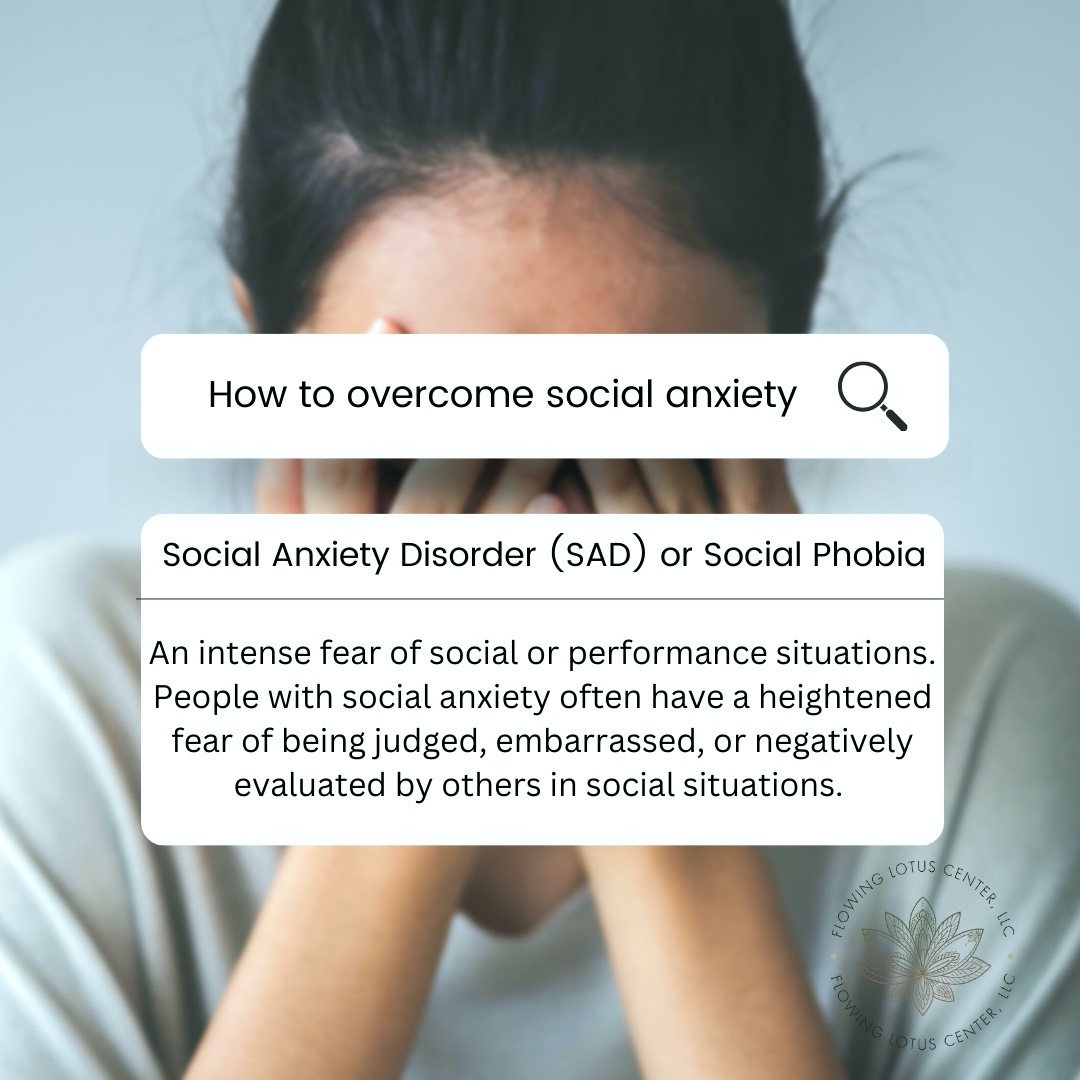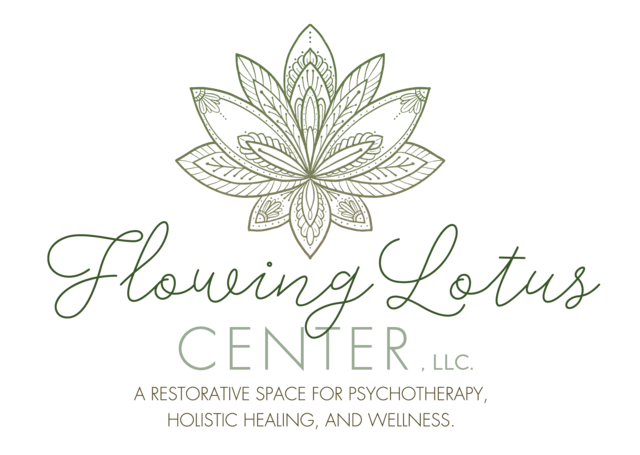What is Social Anxiety and How to Overcome it…

Social anxiety, also known as social anxiety disorder (SAD) or social phobia, is a mental health condition characterized by an intense fear of social or performance situations. People with social anxiety often have a heightened fear of being judged, embarrassed, or negatively evaluated by others in social situations. This fear can be so overwhelming that it interferes with their daily life and can lead to avoidance of social interactions.
Key features of social anxiety disorder include:
Fear of Social Situations: Individuals with social anxiety often feel extremely anxious or fearful about situations where they are expected to interact with others, such as parties, meetings, dating, or public speaking.
Excessive Self-Consciousness: They are overly concerned about how they appear to others, fearing that they will say or do something embarrassing or humiliating.
Avoidance Behavior: To cope with their anxiety, individuals with social anxiety may go to great lengths to avoid social situations or endure them with extreme discomfort.
Physical Symptoms: Social anxiety can manifest physically with symptoms like blushing, trembling, sweating, a racing heart, nausea, or a dry mouth when facing social situations.
Negative Self-Evaluation: Individuals with social anxiety often have low self-esteem and a tendency to be overly critical of themselves.
Impairment in Daily Life: Social anxiety can significantly impact a person’s ability to maintain relationships, perform well at work or school, and participate in social activities.
It’s important to note that social anxiety is distinct from shyness or introversion, which are normal personality traits. Social anxiety disorder is a diagnosable mental health condition that requires treatment when it significantly impairs a person’s quality of life.
Treatment options for social anxiety disorder typically include therapy, such as cognitive-behavioral therapy (CBT) or exposure therapy, and, in some cases, medication.
With the right support and strategies, individuals with social anxiety can learn to manage their symptoms and lead fulfilling social lives. If you or someone you know is struggling with social anxiety, it’s advisable to seek help from a mental health professional.

Here are some tips to help people with social anxiety become more social:
Start Small: Begin by engaging in low-pressure social situations, like chatting with a friend or family member. Gradually work your way up to larger gathering.
Challenge Negative Thoughts: Recognize and challenge irrational or negative thoughts about social interactions. Try to reframe them in a more positive light.
Breathing and Relaxation Techniques: Practice deep breathing and relaxation exercises to manage anxiety before and during social situations.
Set Realistic Goals: Set achievable social goals for yourself, such as initiating a brief conversation with someone new or attending a small event.
Exposure Therapy: Gradual exposure to social situations can help desensitize you to anxiety. Start with less intimidating scenarios and progressively move to more challenging ones.
Seek Support: Consider therapy, such as cognitive-behavioral therapy (CBT), which is effective for treating social anxiety. A therapist can provide guidance and support.
Join Social Groups: Participate in activities or groups related to your interests. This can provide a natural way to meet like-minded individuals.
Practice Active Listening: Focus on listening rather than worrying about what to say next. This can reduce self-consciousness.
Mindfulness and Meditation: These practices can help you stay present in social situations and reduce anxiety.
Gradual Exposure to Public Speaking: If public speaking is a concern, start with small audiences and progressively work up to larger ones.
Self-Care: Prioritize self-care to reduce overall stress, including getting enough sleep, regular exercise, and a balanced diet.
Use Positive Affirmations: Remind yourself of your strengths and capabilities before entering social situations.
Remember, progress may be gradual, and setbacks are normal. Be patient with yourself and celebrate small achievements along the way. If social anxiety is significantly impacting your life, consider seeking professional help from a therapist or counselor.


